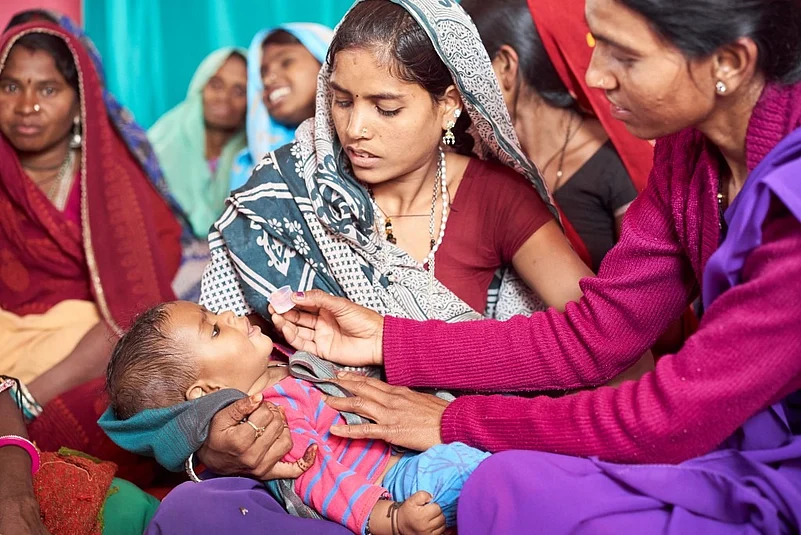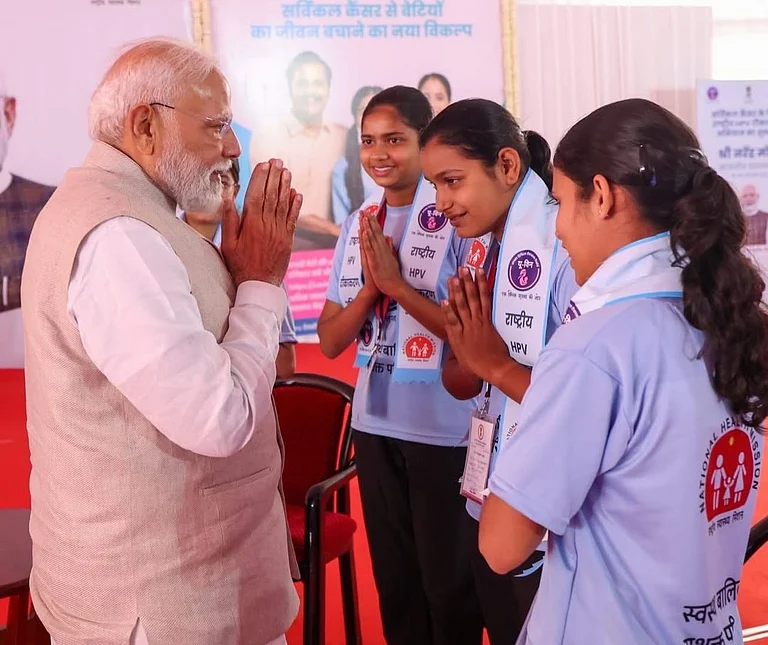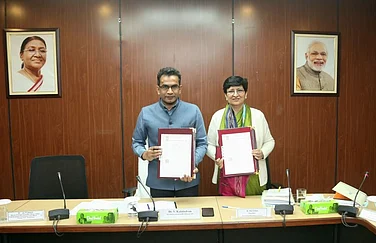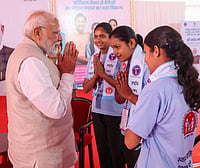Many children in India are being unnecessarily prescribed antibiotics for diarrhoea by private healthcare providers—even when doctors know the medicines aren’t required, a new study has revealed.
The research, conducted by the University of Southern California (USC) and Duke University, highlights a major concern: a "know-do gap" in India’s private health sector, where doctors are aware of the correct treatment but don’t follow it in practice.
In one of the largest such studies to date, researchers analysed 2,282 private doctors across 253 towns in India. Shockingly, over 70% of them prescribed antibiotics in cases where there were no signs of bacterial infection.
Even more worrying, 62% of doctors who correctly knew that antibiotics weren’t needed still ended up prescribing them when visited by trained field workers posing as patients.
Contrary to what one might expect, this overprescription isn’t due to a lack of medical knowledge, shortage of medicines, or even financial incentives.
Instead, doctors often assume that parents expect “strong” medicines—especially antibiotics—to feel they’re getting proper treatment. However, the study found that most parents don’t actually demand antibiotics and are happy with the recommended oral rehydration salts (ORS).
“When caregivers clearly said they wanted ORS, the chances of being prescribed antibiotics dropped by 17%,” said Zachary Wagner, lead author of the study published in the journal Science Advances. The change was even more noticeable in pharmacies, the study found.
The researchers say that bridging this communication gap could lead to a 30-percentage-point drop in unnecessary antibiotic use—a far bigger impact than what could be achieved through doctor education alone (estimated at just 6 percentage points).
“This shows a big disconnect,” said Wagner. “Doctors know antibiotics aren’t the right treatment but still give them because they think parents want it. Changing that belief can make a much bigger difference than more training programs.”
Neeraj Sood, another USC researcher, added: “Unnecessary antibiotic use is one of the biggest drivers of antimicrobial resistance—a global health threat. But the good news is, small changes in how doctors and parents communicate can go a long way.”
The study also points to pharmacies and informal health providers as major hotspots for inappropriate prescribing, with the know-do gap especially wide in those settings.
To address this, researchers called for public awareness campaigns that normalise ORS use, encouraging parents to ask for ORS, and training informal providers and pharmacists, who are often the first point of contact in rural and semi-urban areas.
India’s private sector dispenses over half a billion antibiotic prescriptions every year, the study noted—roughly one prescription per year for half the population. With such high numbers, even small improvements could translate into major public health benefits.
“Antibiotic resistance is not a future problem—it’s happening now,” the researchers warned. “Reducing unnecessary prescriptions in low- and middle-income countries like India is critical to tackling this global challenge.”























